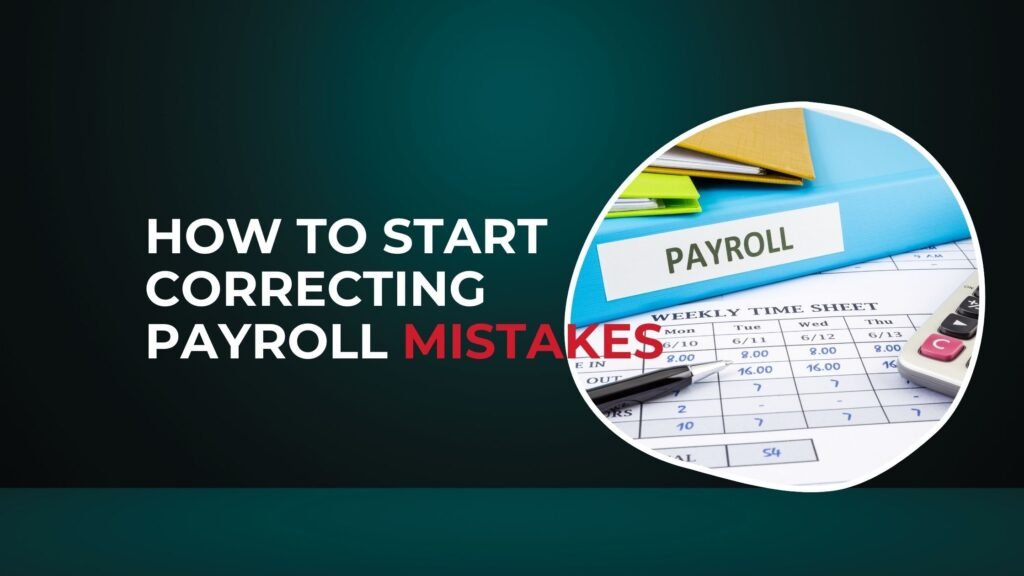Capital Gains Tax (CGT) is the tax you pay on the profit from selling an asset that has gained value. With recent changes to CGT in the UK’s 2024 budget, planning is more critical than ever to avoid unnecessary taxes. The annual CGT exemption has been reduced to £3,000, affecting many investors, property owners, and business owners. Higher-rate taxpayers now face CGT at 20% (24% for residential property), while basic-rate taxpayers will pay 10% (18% for residential property). This article outlines Tax Planning Strategies for the New Capital Gains Tax Rules to help you save on CGT under these new regulations.
How to Minimise Capital Gains Tax in the UK
Reducing capital gains tax (CGT) in the UK involves strategies that make the most of available exemptions and allowances. Here are some effective methods to lower your CGT liability:
1. Offsetting Gains with Losses (Tax-Loss Harvesting)
If you’ve made gains on some investments but losses on others, you can offset gains with losses. This process, called tax-loss harvesting, reduces the amount of profit that’s taxable. You can also carry forward unused losses from past years if you report them to HMRC within four years.
2. Use Your Annual CGT Exemption
In the 2024/25 tax year, the CGT exemption is £3,000. Using this exemption every year helps prevent big gains from building up and potentially pushing you into a higher tax rate. Since the exemption can’t be carried forward, it’s best to use it each year.
3. Shift Assets to Your Spouse or Civil Partner
Shift assets between spouses and civil partners are free from capital gains tax. By sharing assets, each partner can use their individual CGT exemption, doubling the allowance to £6,000 for couples. The transfer must be a genuine, unconditional gift in order to qualify.
Optimise Your Finances with
Strategic Tax Planning
Tax Planning Strategies for 2024 Under the New Capital Gains Tax Rules
Understanding the new capital gains tax (CGT) rules means planning ahead to make the most of available allowances. Here are key strategies for managing your CGT liability:
- Hold Assets Longer
Holding onto assets longer can help you delay paying CGT, especially if you’re expecting your tax situation to improve in the future. This can also be helpful if you want to spread gains over multiple years to stay within the annual CGT exemption. - Optimise Timing of Sales
Timing is key for CGT. Selling assets near the end of the tax year (before April 5) can help you plan more efficiently by making use of your annual exemption. Selling after April 5 gives you an extra year to pay the tax due, providing a bit of breathing room. - Use ISAs and Other Tax-Free Accounts
Investments held in an ISA are free from CGT. You can make investments up to £20,000 in an ISA each year or £40,000 for couples. The “bed and ISA” approach lets you sell investments, realise a gain, and then repurchase them within an ISA to make future gains tax-free. Note that there may be a small cost to do this.
Additional Tips for Small Business Owners and Property Investors
Here are some additional tips for small business owners and property investors to reduce CGT:
Business Asset Disposal Relief
Small business owners may qualify for Business Asset Disposal Relief, which reduces the CGT rate to 10% on qualifying business sales. This can be a major tax-saving option if you’re planning to sell your business or business assets, but you must meet certain conditions, such as holding the asset for at least two years.
Strategies for Property Investors
Property investors face higher CGT rates, especially for residential properties. Consider these strategies:
- Private Residence Relief: If the property is your residential home, you may be able to exempt much of the gain from CGT.
- Transfers within the Family: Spouses and civil partners can share the CGT allowance on property gains, helping to lower the overall tax impact when selling.
- Enterprise Investment Scheme (EIS): For those comfortable with higher risks, investing in an EIS allows for CGT relief and deferral, although these investments are harder to sell.
Conclusion
The best tax planning strategies for the new capital gains tax rules include leveraging the 2024 CGT exemption reduction, timing asset sales to maximise annual exemptions, and using tax-free investment accounts to minimise liabilities. Beyond capital gains, recent budget changes in areas like pensions could also affect your tax strategies. For more insights, read about how the new UK budget impacts pension contributions. To make the most of these strategies, consult with us for tailored guidance aligned with your specific financial needs and goals. Book a free consultation today and start optimising your tax planning for the future.
Frequently Asked Questions
Limited liability protects shareholders’ personal assets, meaning they are only responsible for the company’s debts up to their investment.
Directors can combine salaries and dividends, which are taxed at lower rates than traditional income, and make tax-deductible pension contributions.
Registering a company name ensures no other business can use it, helping to maintain your brand’s uniqueness and reputation.
Yes, you can transition from being a sole trader to a private limited company. This process involves registering the company with Companies House and transferring business assets and operations to the new company structure.
Yes, a single individual can form a private limited company in the UK. You can act as the sole shareholder and director, managing and owning the company entirely on your own.





